History of Science, Philosophy and Culture in Indian Civilization, The Rise of New Polity and Life in Villages and Towns (Volume VII, Part 6): Indian Christianity
This volume on ‘Indian Christianity’ represents the unique character of Christian belief systems and its practice in the Indian context, reflected in the divergent cultural and ethnic expressions that have been theologically justified by various individuals and groups representing diverse Christian denominations.
The uniqueness of Christian faith and practice lies in its claim that the religion is based upon love. In a comparative study of religions, it is never possible to make such claim in relation to other religions. What is pointed out here is that Christianity, in genesis and practice, makes love its central reality. The shift that occurred with the message of Jesus vis-a-vis the message of the old testament is best described in terms of the shift from ‘God of Justice’ to ‘God of Love’ as preached by Jesus.
Another distinguishing mark of Christian faith and practice is the emphasis on Jesus of Nazareth as a historical person. Besides, depending on the references to non-biblical texts to authenticate the historicity of Jesus, Christians in the later part of the nineteenth and early twentieth century have undertaken critical inquiry into the reliability of the biblical texts, composition of the books, etc. which gave rise to a distinct method of hermeneutics/exegesis. Most papers in this volume have either commitment to historicity of Jesus or rely upon exegetical/hermeneutical method while establishing the truth.
The papers in this volume deal with four different themes: the historical, the conceptual, the theological and the social. As a historical contribution, the papers reflect on early Christianity both world wide and in India and spread of Christianity in various parts of the country. As a conceptual contribution, the papers reflect on the unique character of Indian Christianity which has its genesis in Indian culture and has retained many of its elements while at the same time asserting its universal character. At the theological level, the papers deal with theological aspects of Indian Christianity particularly in the context of Christianity’s interaction with other faiths. And finally, at the social level, the contributors reflect on social contribution of Christianity in terms of science, art, music and culture. All the papers both directly and indirectly, implicitly or overtly, contribute to show the essence of Indian Christianity, both as communion and as a social reality.
This book on Indian Christianity is likely to be of interest both to researchers as well as the general public, some of whom have varied misconceptions about the two millennia of expression of faith in India.
Get it now and save 10%
BECOME A MEMBER

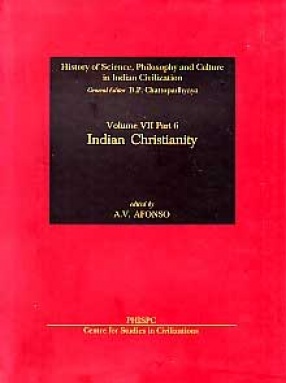
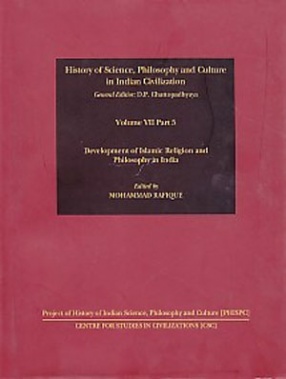

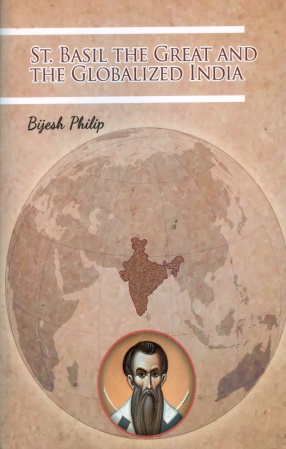
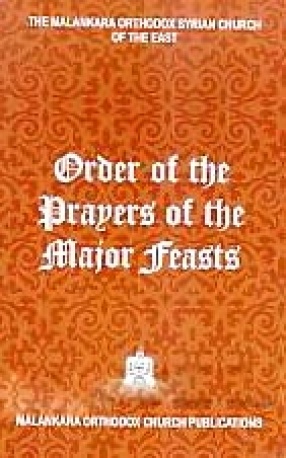
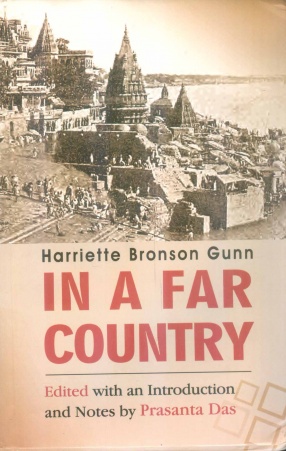

Bibliographic information
Mohammad Rafique